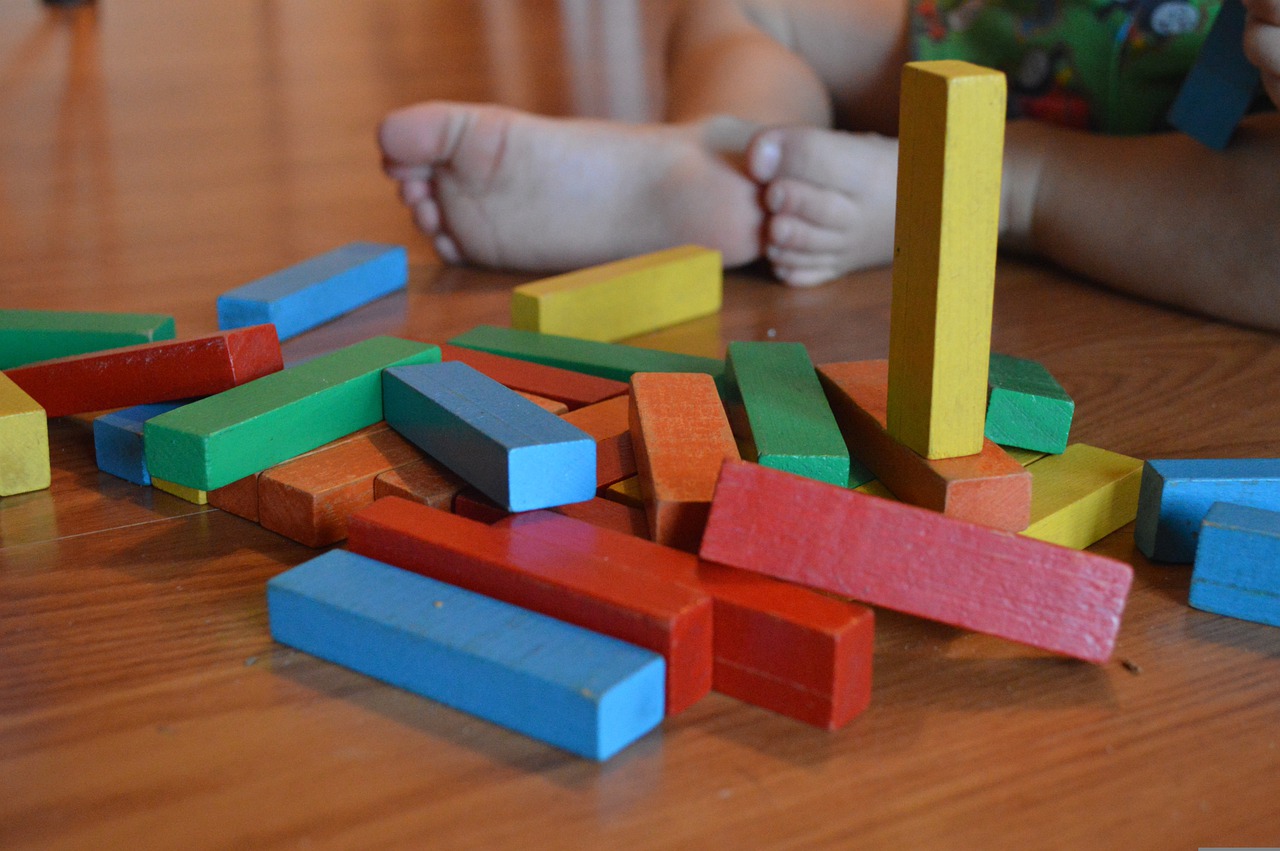HARRISBURG – The Department of Human Services Office of Child Development and Early Learning have announced a $25 million investment in the new child care tax credit program, which can help ease child care costs for working families.
“High-quality early education is vital to children’s learning and development,” said Deputy Secretary Tracey Campanini. “And for parents, knowing that they have affordable, quality care for their children is immeasurable. We must do everything we can to continue supporting working parents in the commonwealth, and we owe tremendous thanks and appreciation to the child care providers who provide exceptional care to our youngest Pennsylvanians every day.”
The cost of child care is a burden for working families and, if unaffordable, can keep parents out of the workforce and children out of early learning programs that contribute to social, emotional, and educational development.
According to the Economic Policy Institute, the average annual cost of infant care in Pennsylvania is nearly $12,000. That is why the Wolf Administration’s 2022-23 state budget includes a brand-new program called the Child and Dependent Care Enhancement Program, which is modeled after the federal child and dependent care tax credit.
This program benefits working families with children in child care who qualify for the federal child and dependent care tax credit. More than 220,000 families received the federal credit in Pennsylvania, and that same number of families are expected to qualify for this new state tax credit.
This credit can be claimed when filing state taxes beginning in 2023. The credit is also refundable, meaning qualified taxpayers will not owe any state taxes on the amount they receive. It is estimated that the average tax credit will be $171, but the tax credit that families receive will be income-based. Pennsylvanians paying for child care services could be eligible for the following credits:
- $180 (one child) or $360 (two or more children) for households earning above $43,000, or
- $315 (one child) or $630 (two or more children) for households earning less than $43,000.
Studies show that children who learn in high-quality child care and Pre-K programs perform better in school and are more likely to graduate, while high-quality early learning programs also help students develop the social and emotional skills they need to succeed in the classroom and beyond.
To find licensed child care programs operating in Pennsylvania, visit www.findchildcare.pa.gov. Families who are having trouble finding a provider or who are lower income and need assistance paying for care can contact their local Early Learning Resource Center at www.raiseyourstar.org.





















